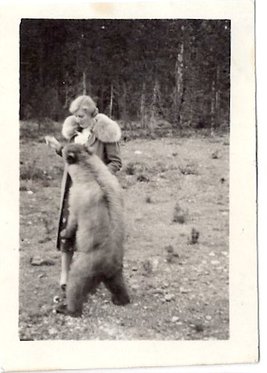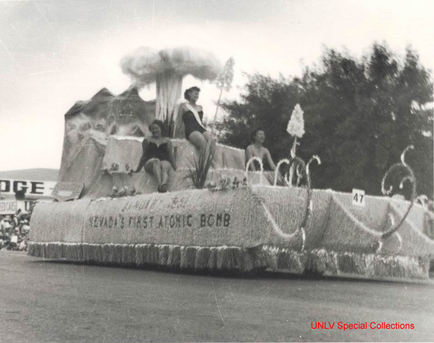
When I was a little kid, my mother and I would walk all the way from North Ninth Street to the pawn shop on Third St. to scour the window for my father's sapphire pinky ring. If we spotted it, she'd give him hell when he got home. He often spent the night on the couch with the plastic cover. There came a time when the ring was neither in the window or on his finger, and Mother had to go to through his night table and his pants for markers—aka IOUs. When I turned thirteen, we sold the house on North Ninth for less than we'd paid to cover his gambling debts and keep the mob at bay.
Irving had a penchant for making bad investments. From the time we moved in, the house on North Ninth Street steadily decreased in value. Location, location, location. To make matters worse, the painters Irving hired disappeared with our deposit before they even started the job. Then there was the time Irving cashed in Mother's General Motors stock, a gift from her brother Harry, and invested in Edsel, which went bust. Irving spent many nights on the couch for that one. Mother didn’t have a head for business, either. Irving wanted to buy land on the Strip when it was selling for twenty-five bucks an acre. Mother nixed it—said it would never amount to anything. She called him nuts for saving silver dollars. They doubled in value. Twice as much money to blow on the crap tables! When Dean Martin sang "Money, burns a hole in my pocket," he was singing it for my parents.
When I was fourteen, Mother moved out of their bedroom into mine after Irving disappeared on a gambling binge. “I’ve had it with that S.O.B." We became roommates. Irving became “the boarder.” At first I enjoyed her company. For a prude, she had a raunchy sense of humor. But she lost it after I started dating. I hated coming home to cold cream, curlers and cross-examinations. And I didn't like hearing her go on about my dad. I was definitely on her side, but I couldn't help feeling sorry for him. She treated him like dirt. He put up with it because he loved her.
In my early twenties, I decided it was Mother's fault that Big Irving and I weren't close. She'd raised me as if she were a single parent—in fact, I began to suspect she had chosen him in order to have me all to herself. When she went to Cincinnati for two weeks to have her gallbladder out, I invited Irving to a dinner show at the Flamingo. His face lit up. He seemed genuinely touched. In the meantime, he asked me to drop him off on Fremont Street near the California Club, promising to be home on time for dinner. He didn't show his face again until Mother came home, two weeks later. For the first time, I understood what it must be like to be married to a gambler.

 RSS Feed
RSS Feed